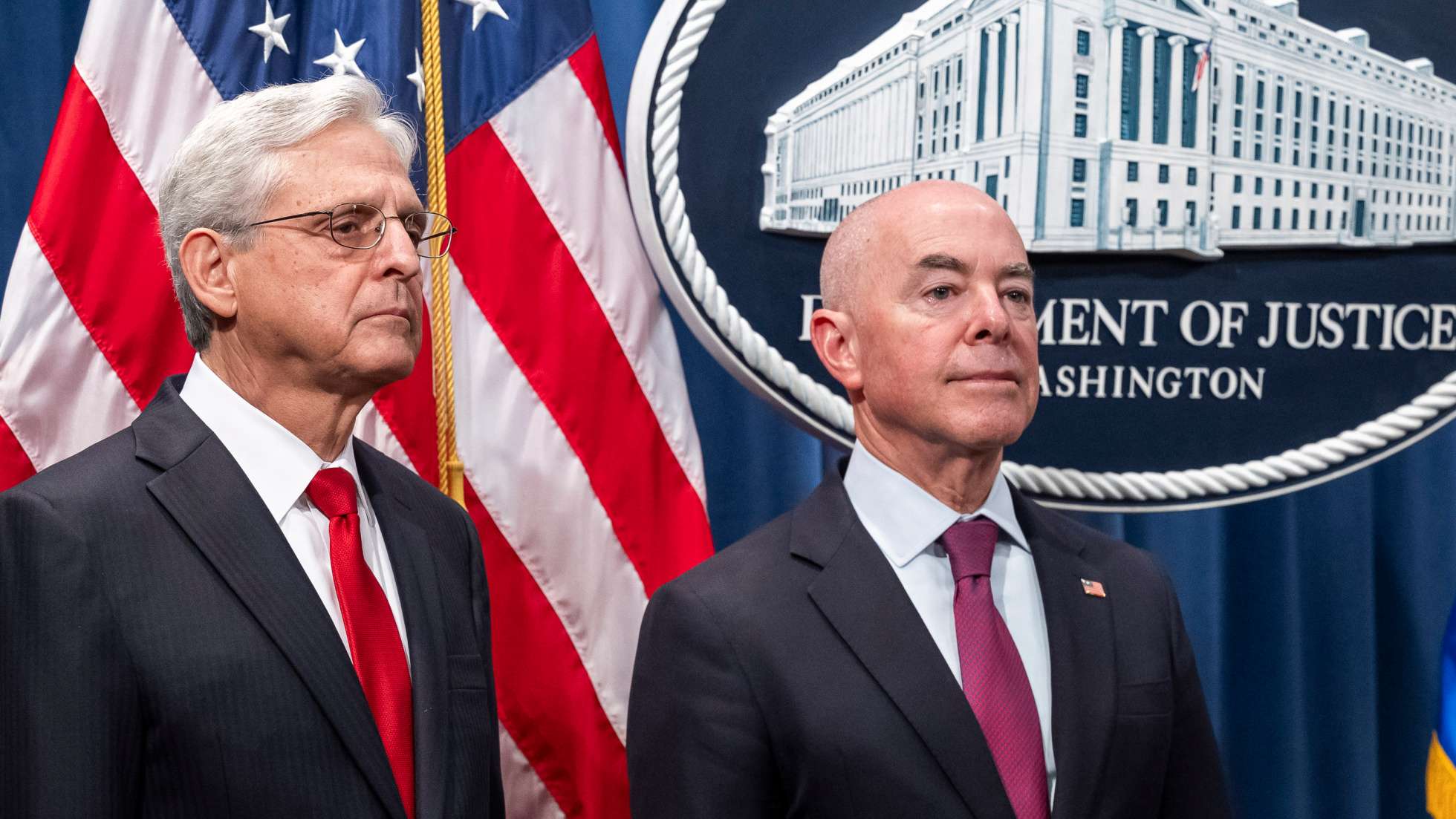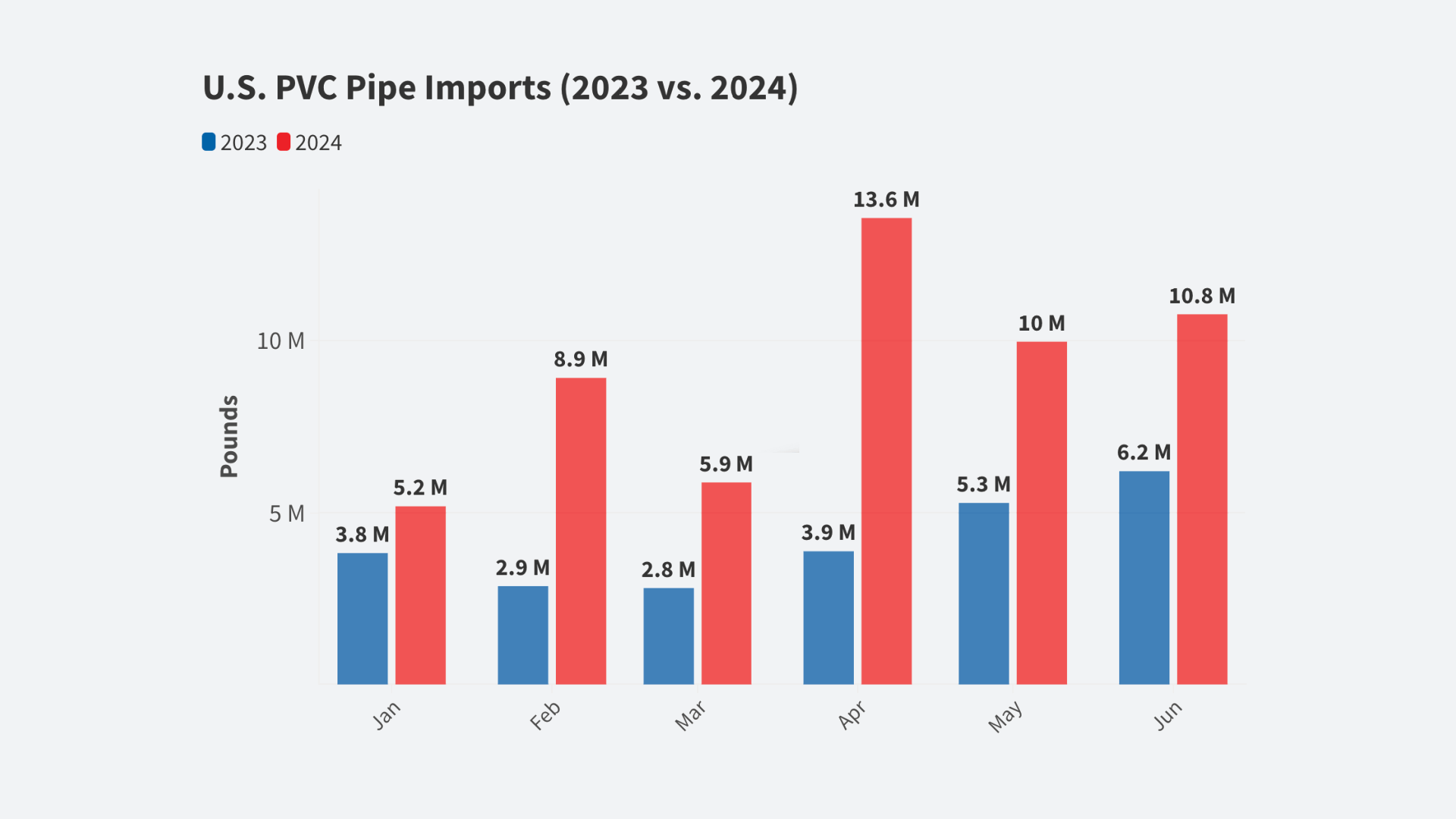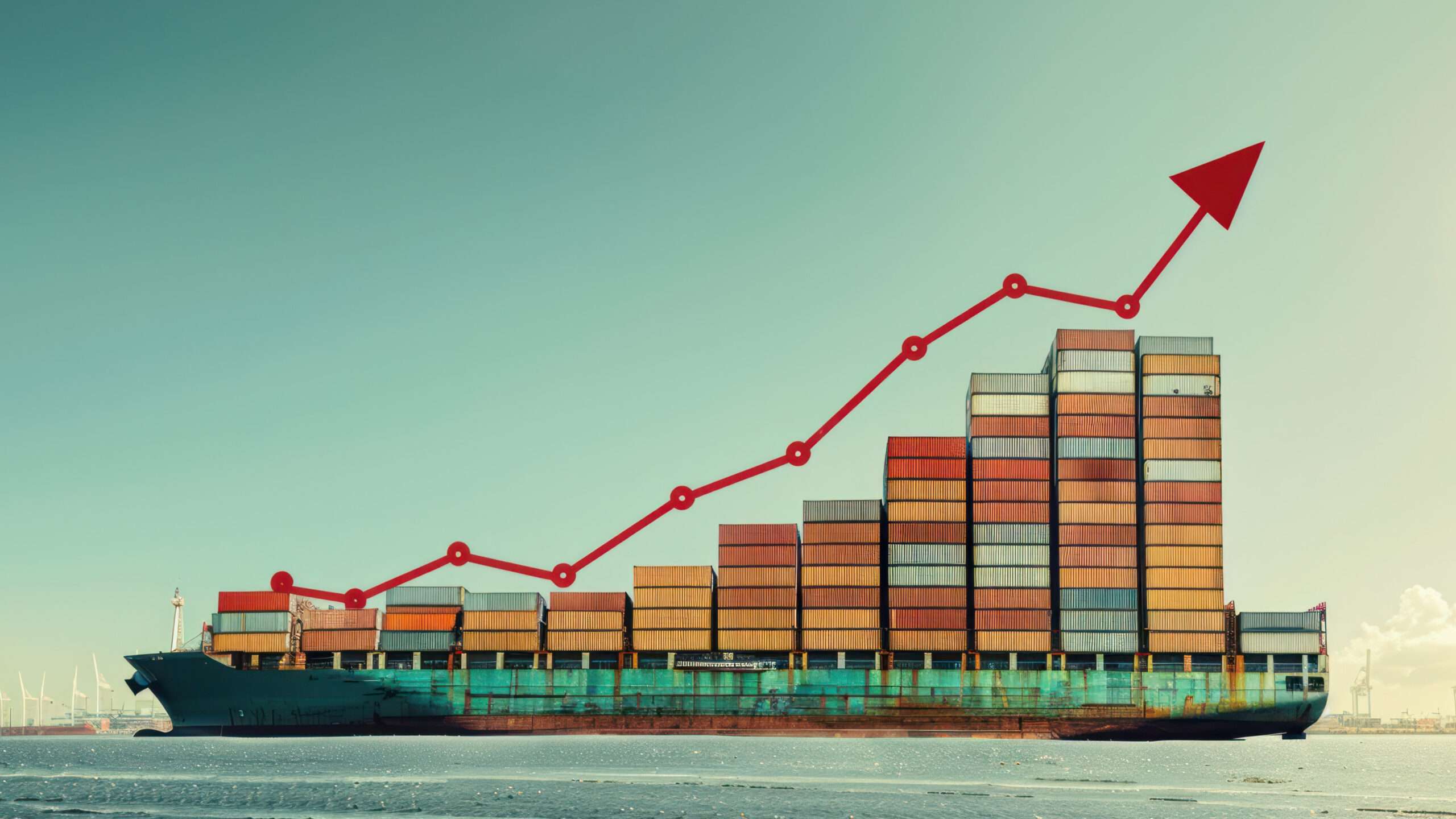One of the most notable political trends over the past 18 months—and one with the potential to affect companies across many industries—has been voter pushback against globalization and free trade.
June 18th, 2017 [The Wall Street Journal]
Indeed, following the Brexit vote in the U.K. and Donald Trump’s victory in the U.S. presidential election, nations are rethinking how they should trade with each other
At the forefront of this debate in the U.S. is Commerce Secretary Wilbur Ross. He sat down with The Wall Street Journal’s financial editor, Dennis K. Berman, to discuss how the Trump administration views trade relations with China and the rest of the world. Edited excerpts follow.
MR. BERMAN: At his inauguration, President Trump said: “The rule of the future should be to hire American and buy American.” What is the moral duty of the CFOs here to abide by that rule?
MR. ROSS: Just about every other country in the world has more protectionist rules than we do. Take China. China has the most beautiful free-trade rhetoric. And those of you who do business either within the country or try to export to it know they are the most highly protectionist of the big countries. So this is nothing new. We’ve been in a trade war for decades. The only difference is now the American troops are coming to the ramparts for maybe the first time.
MR. BERMAN: But for goods that have been brought into the U.S. and are legitimately cheaper, do CFOs have a duty to buy American?
MR. ROSS: Well, the “Buy American” policy relates to federal contracting. It relates to pipelines. It relates to some pretty specific activities.
But I think people ought to think about short term versus long term. If I were an importer, I would beware of what happened already in the rare-earths [metals industry]. China is a very big supplier of rare earths, which are quite essential to many electronic products. They drove everybody in this country out of business by dumping, dumping, dumping, dumping. And guess what happened once they did? Prices suddenly went way up. And when they get angry with a country, they cut off the supplies.
So long term, it seems to me, the interests of American businesses and of the president’s policy are totally consistent because there are no free lunches.
MR. BERMAN: How bad is it with China in terms of our ability to access the Chinese markets and the way they behave in the U.S.?
MR. ROSS: Well, we’re making a lot of progress with China. The Mar-a-Lago summit, which I was privileged to be part of, accomplished a lot, and mostly all to the good. I’ll give you some examples.
For 14 years, American beef producers have been trying to get their product into China on an unfettered basis. In less than 100 days, we got it in. And that first beef will literally be leaving in about 10 days. The same is true for some other things.
Those were the easier deliverables. We’re now working on another list. We generally have two conference calls a day, one early in the morning our time and one late at night with the Chinese. That’s five, six, seven days a week.
The whole fabric of these discussions is different from prior ones. We aren’t interested in great long-winded debates and big ceremonial meetings and big proclamations that have no teeth. We’re interested in very specific, very tangible achievements. And we’re finding a very, very sensible give-and-take with the Chinese right now.
An obsolete agreement
MR. BERMAN: President Trump said on the campaign trail, he wanted to get out of the WTO. Is that going to happen?
MR. ROSS: That’s a very radical step for one to take. I do think there are things that need to be fixed in the WTO, but I think our first effort should be internal reform, not blow up the whole system.
MR. BERMAN: Let’s talk about Nafta. If there is one most important thing about changing the dynamic in Nafta, what is it?
MR. ROSS: Well, it’s an obsolete agreement. It didn’t envision the digital economy at all. Barely talked about natural resources. Barely talked about service, particularly financial services. It didn’t really address our economy or theirs the way they are today.
And some of its manufacturing provisions are totally obsolete. In automotive, they put in a procedure which in concept is a good one, called rules of origin. Namely, what percentage of the content of a finished product can come from outside Nafta and yet get the favorable tariff treatment as though it were all 100% from within Nafta?
The problem is, automotive technology has moved on. Half those parts aren’t even used in cars anymore.
MR. BERMAN: But how do you [change Nafta] without pissing everyone off?
MR. ROSS: We solved the sugar thing without pissing everyone off. We’re trying to solve some of the little disputes with Canada. Disputes are resolvable if people are of reasonable will and are willing to make reasonable compromises. We made some big changes with China. I don’t see them suddenly screaming and yelling.
MR. BERMAN: President Trump famously mentioned American “carnage” in his inauguration speech. What did he mean by that and what is going on in America that you need to pursue this policy?
MR. ROSS: We’re pursuing the policy because we think it’s the correct policy. Does anyone think that China would have been able to transform itself from a very, very poor, basically rural society to the second-biggest power in the world without a favorable trade balance? The question I would pose to those who say deficits don’t matter is: “If trade surpluses do matter, is it really possible that trade deficits don’t matter?” And especially when there are ways to cure them.
To the countries with whom we have the big deficits, like China, we are going to say: “Look, there are a bunch of products that you buy, some from us and some from other people. We’re your largest customer. You really ought to give us a little better market share. It isn’t going to hurt you to buy cattle from us instead of from X country or soybeans from us or industrial goods from us.” So substitution of, or changing market share, would be one easy way to redistribute a bit of the deficit.
Because it isn’t inherent in free trade, in my view, that one country, namely the U.S., has to absorb the entire cumulative trade surplus of the rest of the world, and therefore eat $500 billion a year of deficit.
MR. BERMAN: What’s your confidence level right now that the tax reform that has been discussed will get done?
MR. ROSS: Oh, I think we’ll get it. As you know, the precursor to it is health-care reform. And the reason we put that first isn’t that we thought it would be easy. It’s actually much harder than tax reform. But we need savings from it to help offset the immediate effect of some of the reductions in rate that we’re putting into the tax bill.
MR. BERMAN: So 70% chance, would you say?
MR. ROSS: I think we’re going to get tax reform, and I think we’ll get it this year. And as I understand it, this kind of tax reform could also be made retroactive. Whether they will or won’t, I don’t know. But it could very well be—if there’s enough enthusiasm for it.













